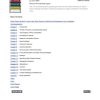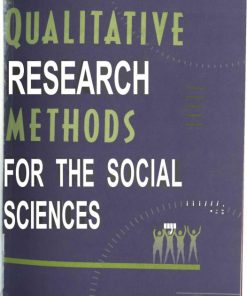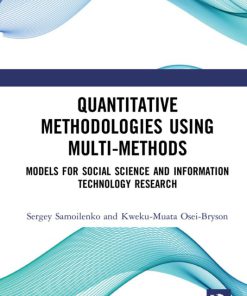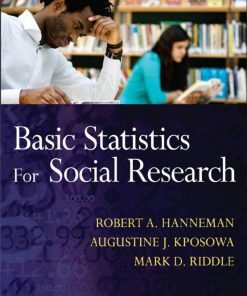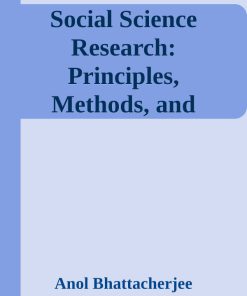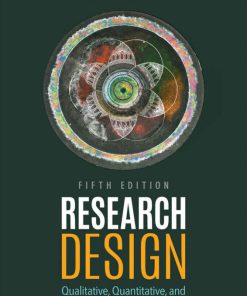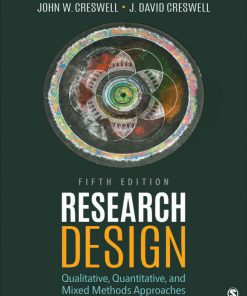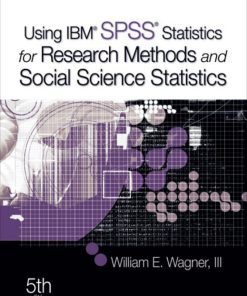Research Methods for Graduate Business and Social Science Students 1st edition by John Adams, Hafiz T A Khan, Robert Raeside, David I White ISBN ‎ 0761935894 978-0761935896
Original price was: $50.00.$25.00Current price is: $25.00.
Authors:John Adams; Hafiz T A Khan; Robert Raeside; David I. White , Series:Management [87] , Tags:Business & Economics; Management; Research & Development , Author sort:Adams, John & Khan, Hafiz T A & Raeside, Robert & White, David I. , Ids:9788178299761 , Languages:Languages:eng , Published:Published:Sep 2007 , Publisher:SAGE Publications India , Comments:Comments:Research Methods for Graduate Business and Social Science Students is a fundamental and easy guide to studying research methods. In addition to the general concepts relating to research methods, broad research issues and theoretical concepts critical to research are discussed. The book is written in a highly reader-friendly manner and contains plenty of examples and helpful practical exercises at the end of each chapter to reinforce and enjoy learning. Divided into 16 chapters, the authors aim to clearly and concisely explain the basics of quantitative and qualitative analysis and research to students, including: – Research ethics – Formulation and process of research – Literature analysis and critical reading – How to plan and implement a research project – Data collection, survey research and data management – Practical research techniques – Elementary and advanced statistical analyses – Assessment, reliability and validity of research work – Guidelines on research writing and structures of dissertation


